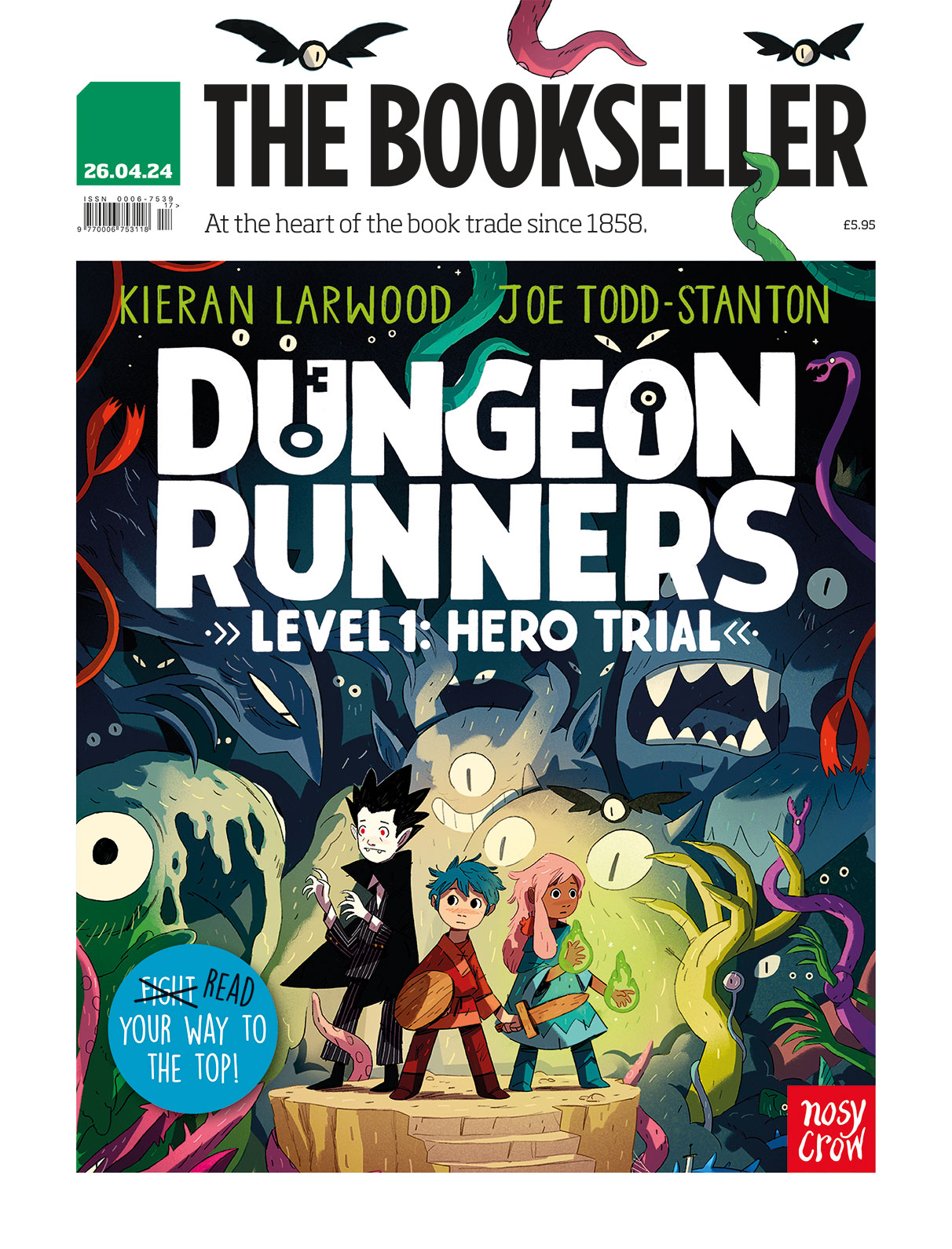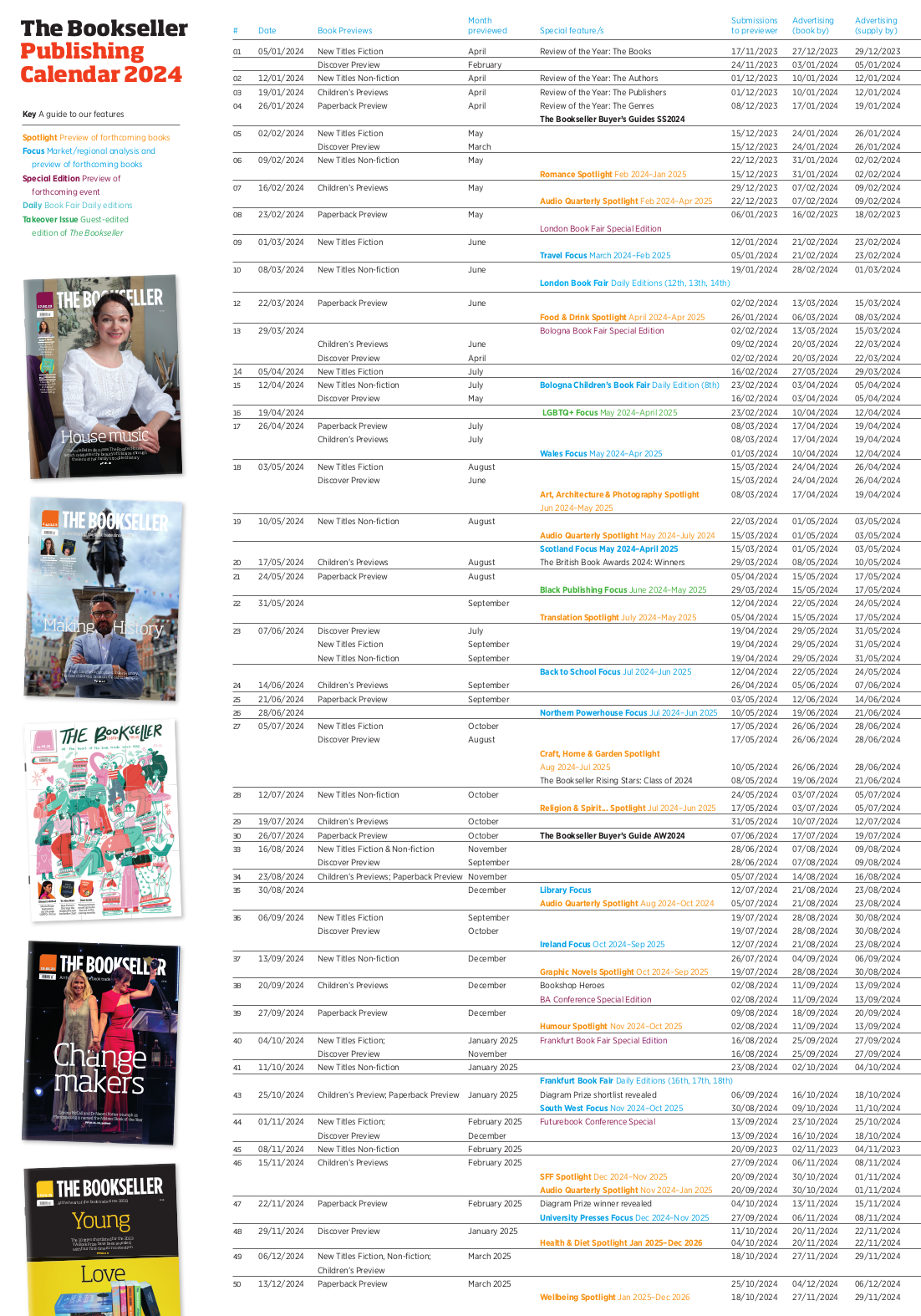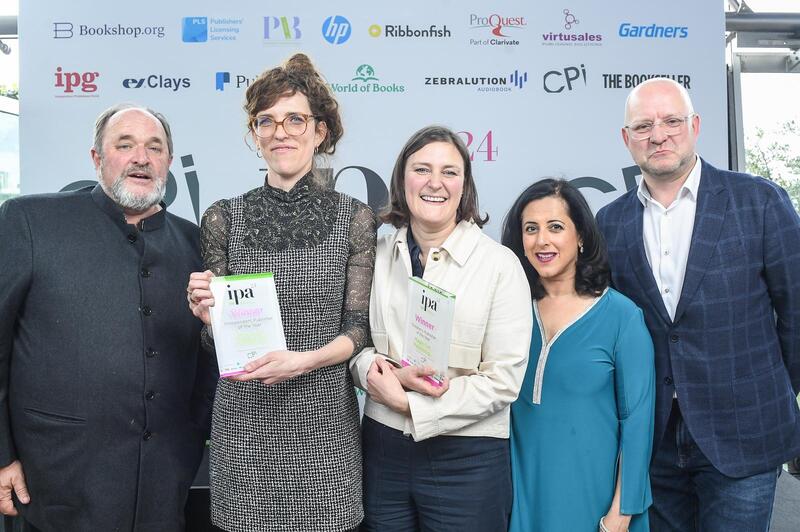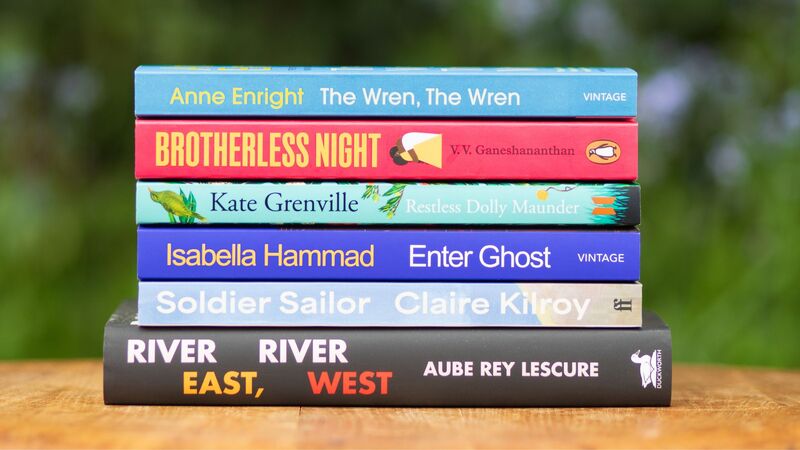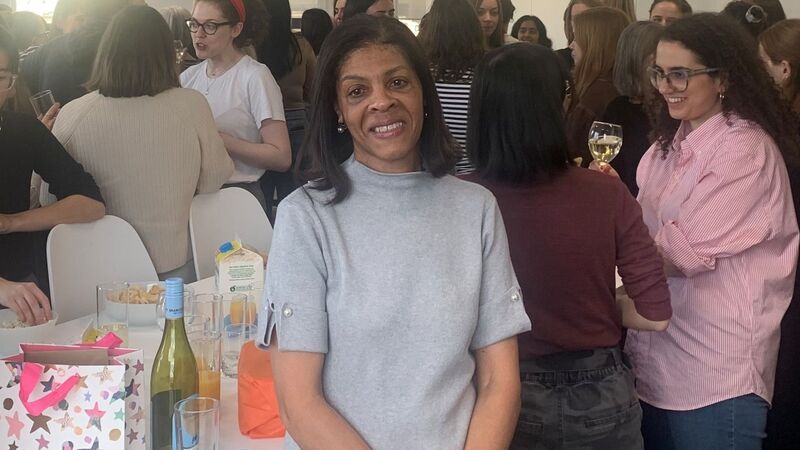You are viewing your 1 free article this month. Login to read more articles.
Come the revolution
Print has been dead for as long as I’ve been at The Bookseller. If we didn’t feel so continually threatened, the business wouldn’t get out of bed.

There is an interesting line from Nick Poole, chief executive of the Chartered Institute of Library & Information Professionals (CILIP), in the long read on libraries and AI at the front of this week’s issue. “Libraries have been around for the whole of human history,” says Poole, so let’s adapt to the new technologies rather than wait to become obsolete. There’s an over-risk of thinking “we’re doomed”, he adds, in place of understanding the challenges and working with them.
Poole has clearly not been around publishers long enough. Feeling doomed is part of the job spec. Print has been dead for as long as I’ve been at The Bookseller. If we didn’t feel so continually threatened, the business wouldn’t get out of bed. Poole, then, has a point. The writing and sharing of books is an old profession, and we might want to slide into the new age with some confidence.
This week’s Library Focus shows how libraries are on the frontlines of this change as well as wider society shifts, from introducing healthcare pods to exploring digital culture
I don’t wish to sound blithe. One publisher warned me last week that not every new technology will behave like the last one. The e-book did not manage to kill off physical books (some might say it never really tried), but other entertainment sectors have not been treated so kindly by revolution. The advent of streaming films and TV shows has, for example, undercut the long-established model of making residual payments to writers and actors for re-runs, leading to the current strike in Hollywood. The books sector has a reputation for privileging self-preservation over innovation, but a strong survival instinct is important.
AI might yet prove to be a more fundamental challenge than past technological changes, even if its progress may be partly blunted by regulation, containment and, I think importantly, awareness (we cannot resist what we cannot see).
Poole—although concerned about threats to the book ecosystem—sees the benefits of using AI as a tool to free up librarians to do “more librarianship”, i.e. pressing books into readers’ hands, just as writers might use new language software to shape their work, or publishers a chatbot to generate marketing copy. The concern is that these small incursions become part of a larger system change. CILIP’s aim to set up a sharing hub around AI best practice looks sensible, and I would also encourage entities such as the Publishers Association, Association of Authors’ Agents, Society of Authors and the Booksellers Association to join hands over this. Libraries and librarians do not sit outside the book ecosystem, and as we have seen around the provision of libraries in schools, we are much more effective when we campaign and act together.
This week’s Library Focus shows how libraries are on the frontlines of this change as well as wider society shifts, from introducing healthcare pods to exploring digital culture. While each scheme is different, the overall return is one of increasing footfall and improved engagement, post-Covid-19.
Librarians, like booksellers, have a real and long-lasting impact on people’s lives: their replacement by algorithm is neither necessary nor desirable. Assuming it won’t happen would be a mistake. History shows us that nothing lasts forever.

